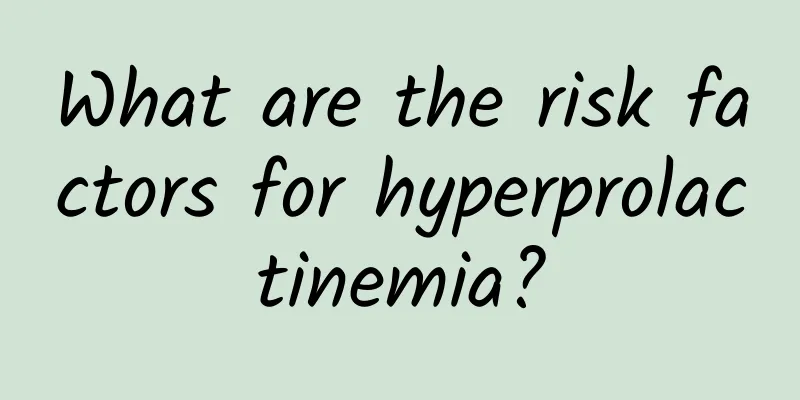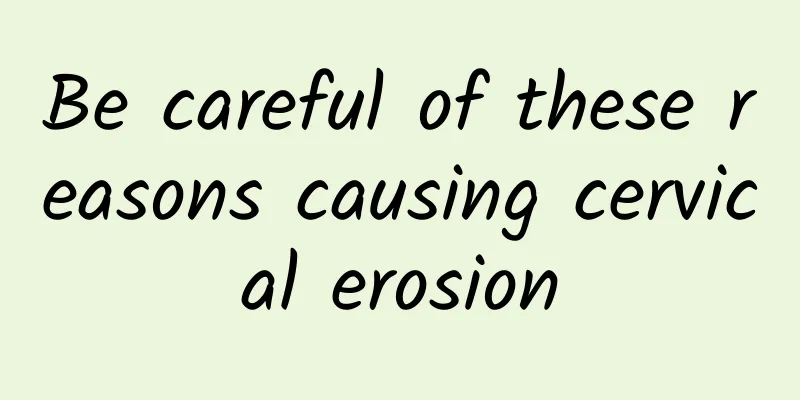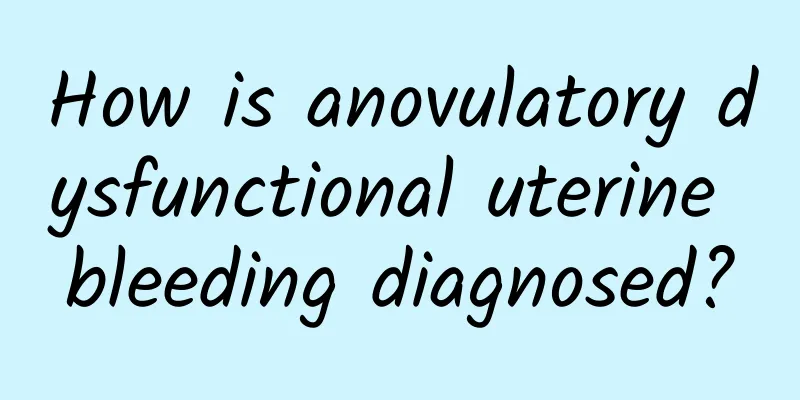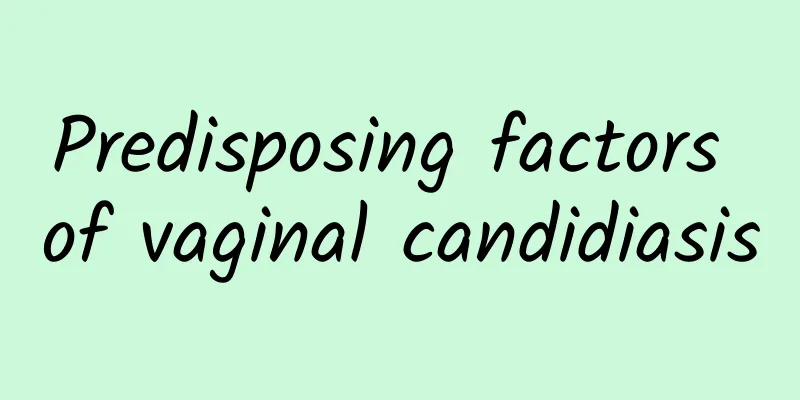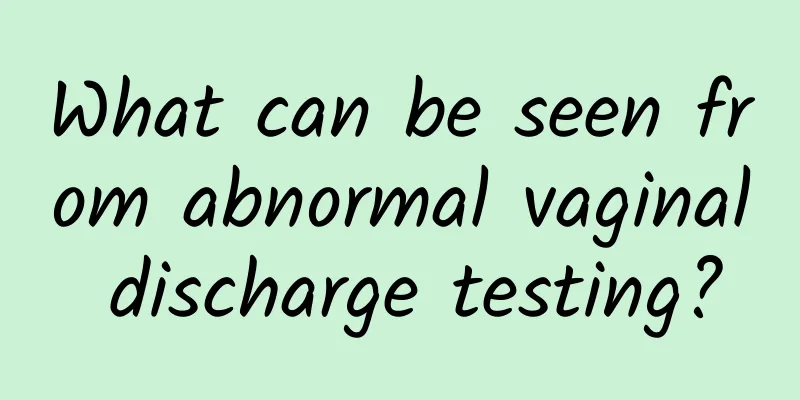What is Bartholin's gland cyst?
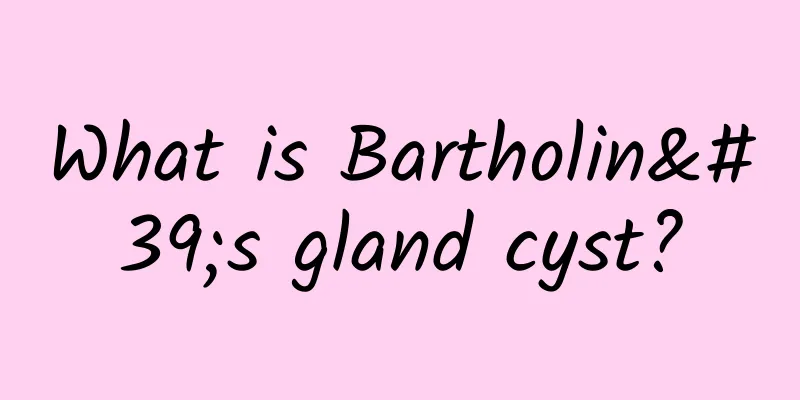
|
Bartholin's gland cysts can be relieved by medication, surgical removal or local hot compresses. They are mainly caused by blockage or infection of the Bartholin's gland ducts. Bartholin's gland cysts are common diseases of the female vulva, usually manifested as local swelling, pain or discomfort. Treatments include oral antibiotics, topical application of anti-inflammatory ointments or surgical incision and drainage. Cyst formation is often related to Bartholin's gland duct obstruction, bacterial infection or trauma, and in a few cases may be related to sexually transmitted diseases. 1. Drug treatment is a common treatment for Bartholin's gland cysts. Oral antibiotics such as cephalosporins and amoxicillin can control infection, and topical application of erythromycin ointment or mupirocin ointment can help reduce inflammation. For mild cysts, drug treatment can effectively relieve symptoms and prevent worsening of the disease. 2. Surgical resection is suitable for recurrent or larger cysts. Surgical methods include cystostomy, cystectomy or laser treatment. Ostomy is suitable for acute infection period because it can drain secretions by cutting the cyst; resection completely removes cyst tissue and reduces the risk of recurrence; laser treatment is less invasive and has a quick recovery, so it is suitable for patients who are unwilling to undergo traditional surgery. 3. Local hot compress is a simple and effective auxiliary treatment method. Use a warm towel or hot water bottle to apply to the affected area for 15-20 minutes each time, 2-3 times a day. Hot compress can promote local blood circulation, relieve pain, and help shrink the cyst. At the same time, keep the vulva clean and dry, and avoid using irritating lotions to help prevent infection. Prevention of Bartholin's gland cysts includes maintaining vulvar hygiene, avoiding wearing tight clothing, and promptly treating gynecological inflammation. Regular gynecological examinations and timely medical treatment when abnormalities are found can effectively reduce the risk of cysts. Through drug treatment, surgical intervention and daily care, Bartholin's gland cysts can be effectively controlled to avoid long-term effects on quality of life. |
<<: What to do if the pain from Bartholinitis subsides?
>>: Cervical hypertrophy exercise
Recommend
What are the main causes of pelvic inflammatory disease
The main cause of pelvic inflammatory disease is ...
What are the causes of threatened miscarriage?
Threatened abortion is often caused by the combin...
It is key to know the early symptoms of cervical erosion in advance
The occurrence of cervical erosion has caused gre...
What supplements can cure functional uterine bleeding quickly?
Symptoms of functional uterine bleeding can be im...
To prevent cervical erosion, you need to pay attention to fertility-related
Due to the special nature of the uterus, the prev...
How much bleeding is enough to confirm miscarriage
There is no absolute answer to the question of ho...
Bacterial vaginosis has many different symptoms.
Bacterial vaginosis is a common vaginal inflammat...
What medicine is effective for cervicitis and endometritis
Cervicitis and endometritis require appropriate d...
Several important points to note in the treatment of chronic adnexitis
There are some important precautions in the treat...
What tests should women with habitual miscarriage do?
Habitual miscarriage refers to two or more consec...
Nursing methods for patients with endometrial tuberculosis
As we all know, endometrial tuberculosis is a ver...
What should I do if I have abdominal pain every time I have my period?
What should I do if I have abdominal pain every t...
What is the best way to treat cervical erosion?
What is the best way to treat cervical erosion? I...
Why do unmarried women with no sex life develop adnexitis?
Although adnexitis often occurs in married women ...
What are the precautions after uterine curettage? See what the doctor says
After the uterine curettage, you should avoid ove...


